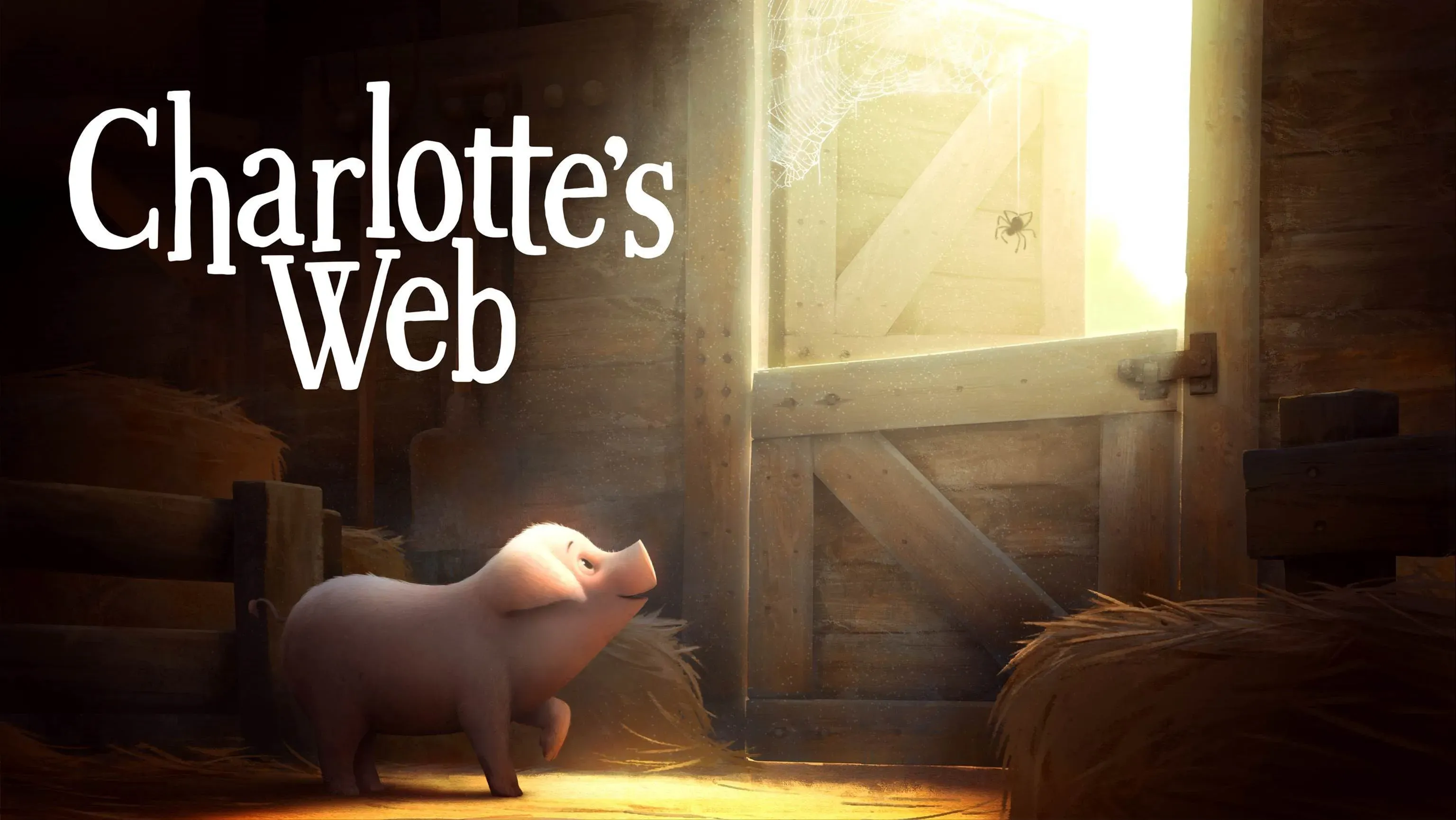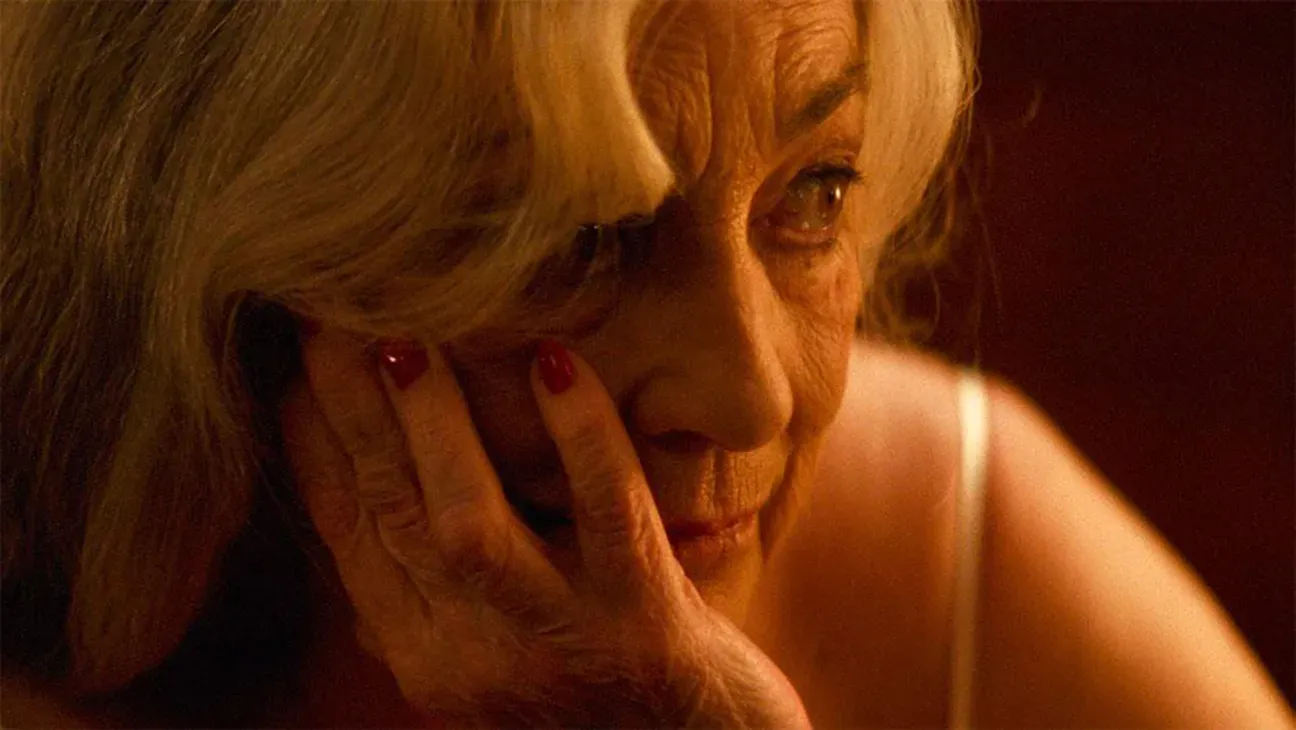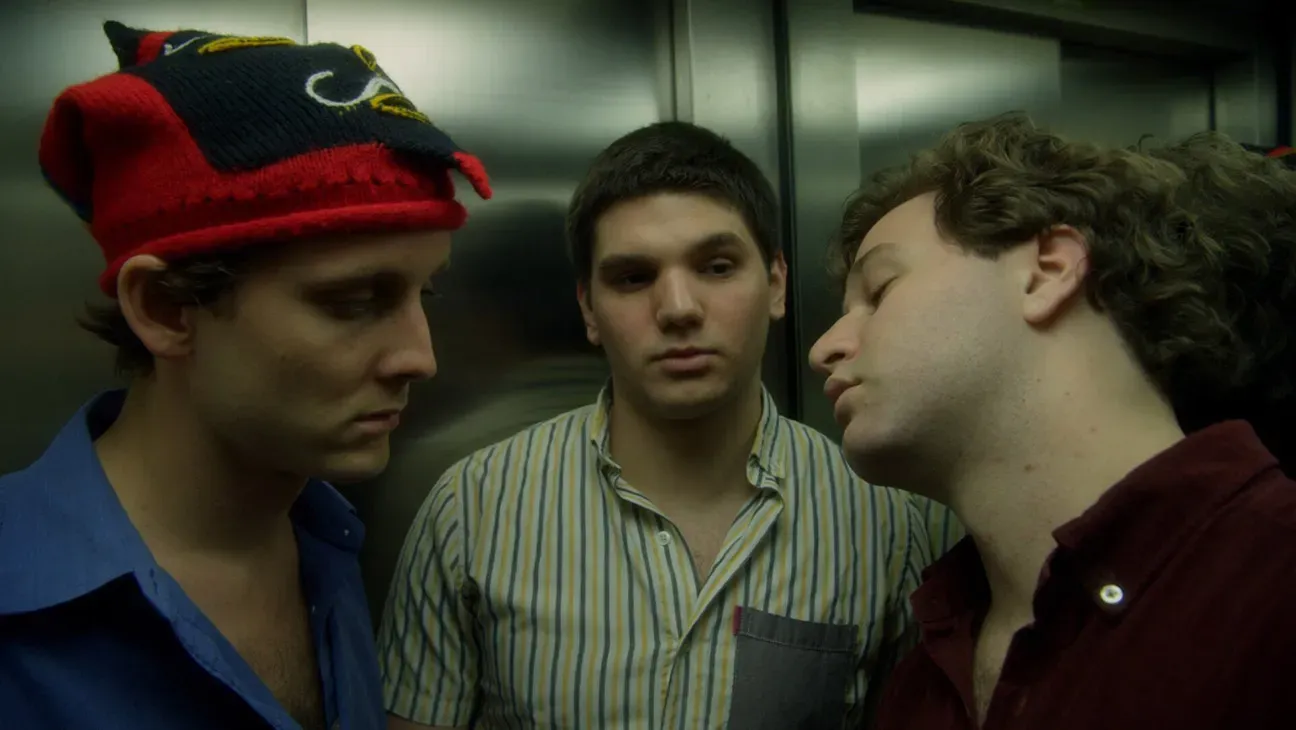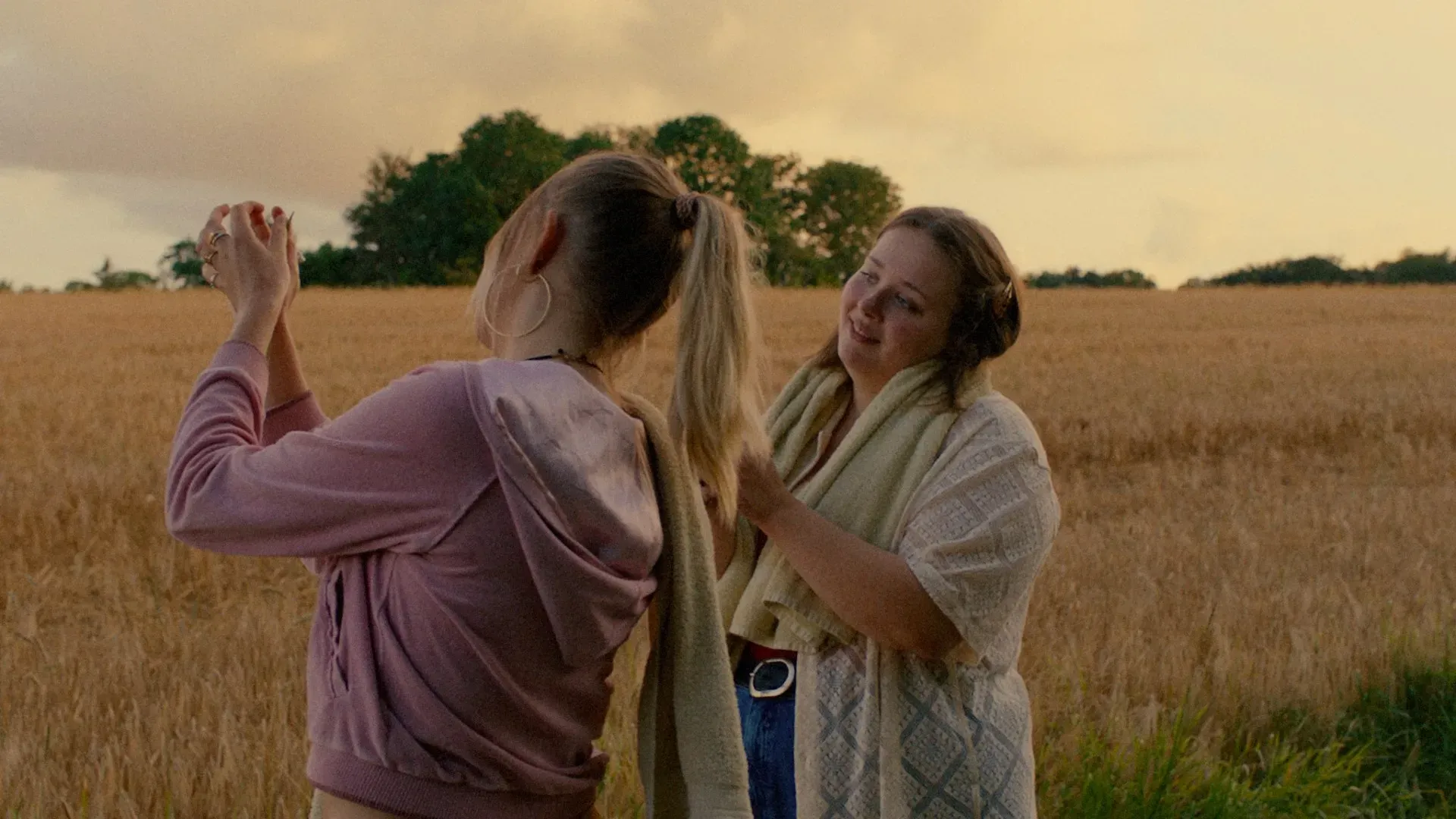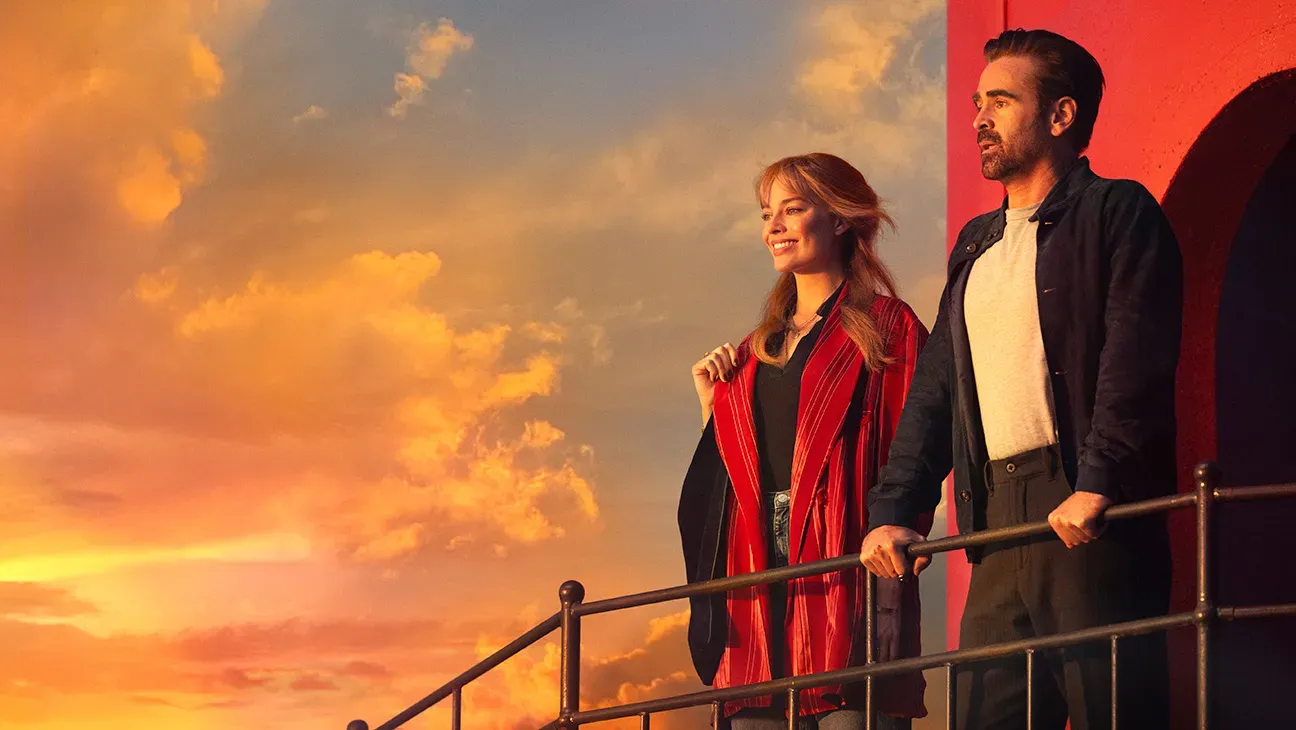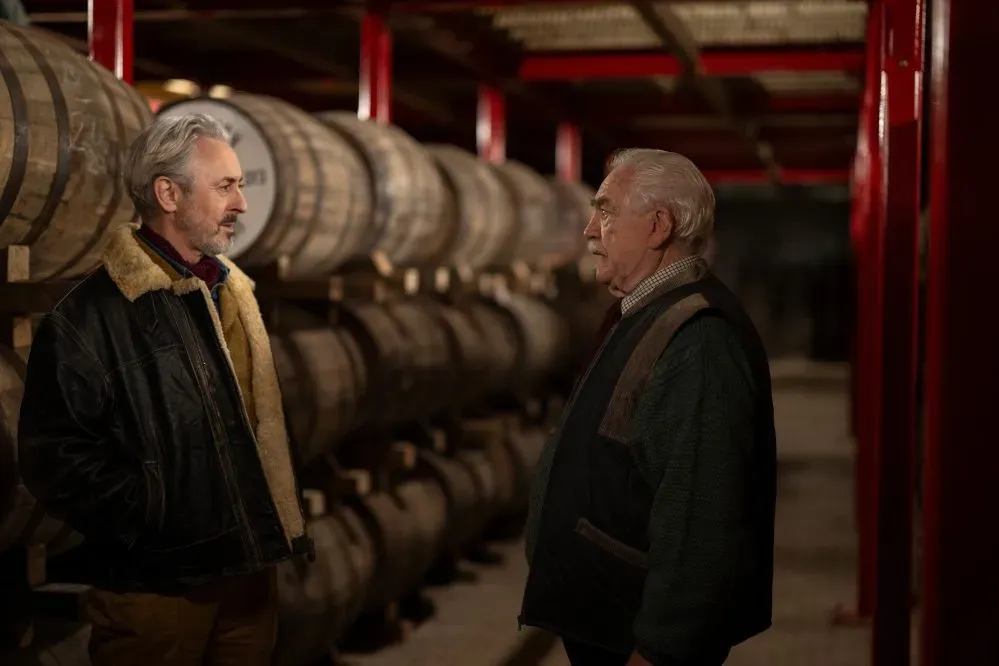
The Second Act (2024) — Movie Review
- May 16, 2024
In the world of French art, the idea of irony or "deuxième degré", denotes a divergence from the evident meaning, allowing the audience to interpret alternate, often opposing connotations in the material. The depth of this separation from reality can vary, resulting in “troisième degré,” “quatrième degré” and beyond.
Quentin Dupieux, known for his distinctive absurdist films like “Deerskin” and “Rubber”, explores this concept in his latest work, "The Second Act". The film, selected to inaugurate the 2024 Cannes Film Festival, amusingly parodies theatrical norms and plays out complex, layered performances by Léa Seydoux, Louis Garrel, Vincent Lindon and Raphaël Quenard. They parody themselves as actors depicting actors in a seemingly disastrous romantic comedy on screen.
The film frequently deviates from scripted scenes, enabling the ensemble to evaluate the work and air their personal views. These scenes involve acting within acting, creating a complex matrix of relationships that question identities, roles, and society's perception.
French surreal director Dupieux’s previous works have set the base for his unique brand of surrealistic storytelling which has gradually gained an audience over the years. His 2023 releases, “Daaaaaali!” and “Yannick,” effectively satirized the art world, paving the way for the intricate meta-commentary in "The Second Act”.

"Yannick" presents a riveting account of an ordinary worker challenging the monotony of a play he watches and demands more engaging content from the actors, reinforcing the notion of audience power in the art world. His exploration of artistic clichés and conventions not only questions traditional cinema but also reflects on its present condition.
Despite humorous and provocative dialogue involving sensitive issues, a key concern with such ironic narratives is the challenge in deciphering sincerity. This ambiguity becomes a part of modern humor, where meta and post-irony blur the author's vision and offer scope for varied audience interpretations.
Breaking the fourth wall, a common technique in film and theater, is utilized in "The Second Act", yielding laughs only after repetitively being played out over the course of the film. Yet, the continuous stretching of scenes and repetitive punchlines reflect less on substantive issues and more on Dupieux’s own penchant for cleverness.


